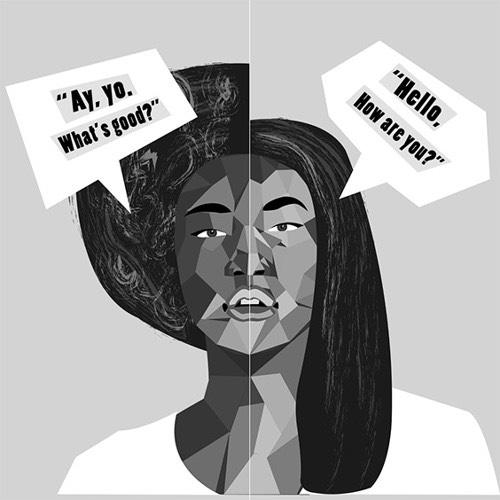In "The Silenced Dialogue" from Other People's Children, author Lisa Delpit argues that there is a "culture of power" within classrooms, a reality that many people disregard or simply don't listen to, which effectively silences anybody that attempts to challenge these societal norms. Delpit analyzes various teaching strategies, noting aspects such as race and class, with an overall goal of identifying the methods that are best for educating children, particular those of color. Within this "culture," there are certain 'rules' and 'codes.' These rules involve things like ways of talking, dressing, interacting, and writing. Although it is important to celebrate and respect diversity and individuality, educators cannot be blind to the existence of a dominant culture, or a "white man's world," in which minorities are often the 'outsider,' stereotyped, or wrongfully judged due to preconceived notions. Cross-cultural communication must be not just done well, but done in the first place! These consistent communication blocks are harmful and can display to students that alternate worldviews don't matter as much. Delpit also highlights that progressive, or more liberal stances can be just as silencing as those who are hardly progressive. She notes an example of a Native American student who's writing was flawed due to technical and language barriers. Some faculty of the education program believed that the student shouldn't have gotten into the program, in general, and some of the 'progressives' felt that Delpit simply raising the issue was a direct jab at the student and her lack of abilities stemming from a cultural difference. The goal, ultimately, for every teacher, should be to accept students regardless of their background and to take the responsibility to teach them in accordance with the 'mainstream' society. Establish the voice and skills of a child and prepare them for what comes next, and what goes beyond the classroom, especially black students and/or lower-income students.
Point of Discussion: A part from this text that stood out to me when I was reading was when Delpit mentions how white people and educators will often stand by research rather than the actual experiences of their non-white counterparts and colleagues. Delpit includes the perspective of a black principle, who stated, "They wear blinders and earplugs. They only want to go on research they've read that other white people have written." (Delpit 22) This was thought-provoking because this action may be a defense tactic that white people don't even realize they're doing, when in reality they are dismissing the opinions of people of color and implicitly trusting the opinions of the white "author."
Link~ Keynote Speech by Lisa Delpit







